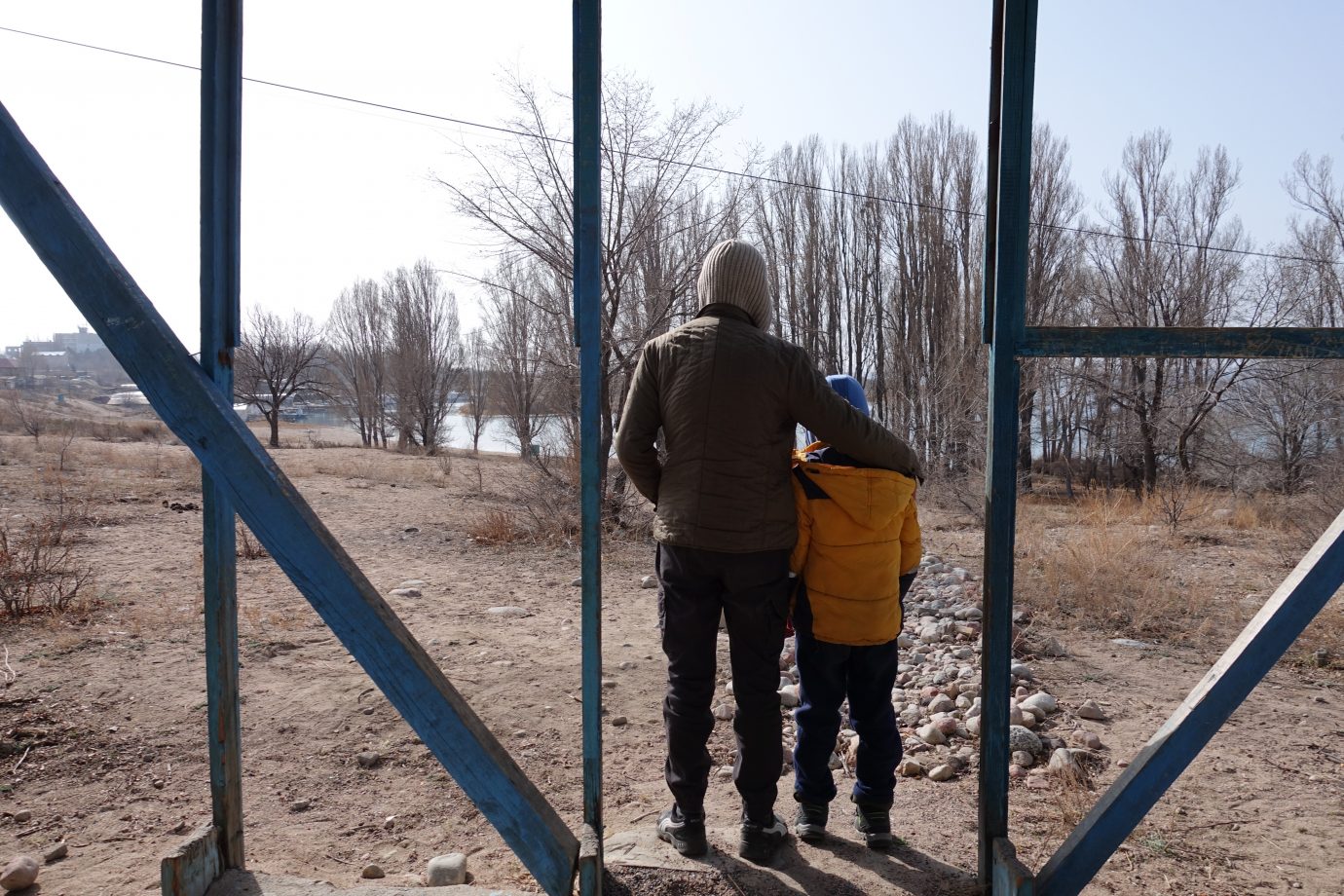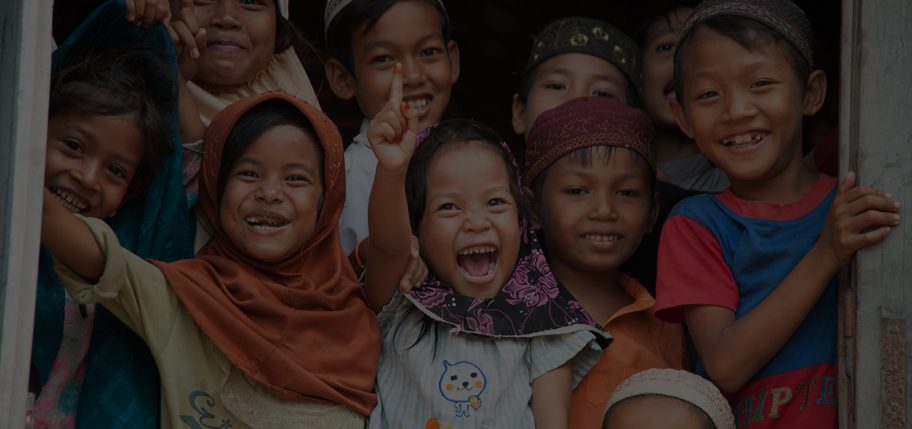Kyrgyzstan has a current population of 6 million people. About a quarter of the country’s population lives below the poverty line. The country is largely rural and not urbanizing quickly.
KNCV began working with Kyrgyzstan in 2011. KNCV closely supports Kyrgyzstan to deliver effective TB interventions, including improved diagnostics, and also the ability to effectively treat its huge TB drug resistance epidemic which is the result of failed TB control under the Soviet Union and during the collapse of the Soviet Union in the early 1990s. It has been designated by the WHO as one of thirty countries in the world that has a high-burden of multidrug-resistant TB
Kyrgyzstan has anti-TB drug resistance rates around 10 times higher than The Netherlands, Tanzania and Vietnam (around 40% of all TB patients in Kyrgyzstan). KNCV supports Kyrgyzstan to deliver highly effective shorter course drug-resistance TB regimens.
Th KNCV-led, USAID-funded Challenge TB project has helped the National TB Program (NTP) to enroll patients with multi and extensively drug-resistant tuberculosis in new, more efficient treatment regimens recommend by the WHO. Patients with first-time multidrug resistant TB are treated with a shorter regimen (nine to twelve months instead of two years), and more complicated cases of MDR-TB and extensively drug-resistant TB are treat with individualized regimen, tailored to each patient and reinforced with the new drugs bedaquiline or delamanid. These new treatment options have helped patients, once out of treatment options, recover from severe drug-resistances. Additional support in the form of case managers, treatment supporters and psychologists have resulted in a adherence rate of 90%, in contrast to only 75% for the standard treatment. By the end of 2018, the Kyrgyzstan shifted entirely to the new treatment options.
Currently, TB rates in Kyrgyzstan are estimated to be at 116 cases per 100,000 people (23 times higher than in The Netherlands). Around 425 people die each year from TB each year including 35 PLHIV. Kyrgyzstan also has problems with food-borne & water-borne pathogens and other infectious diseases such as HIV, hepatitis and sexually transmitted infections.
Country representative: Bakyt Myrzaliev


